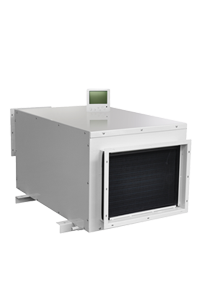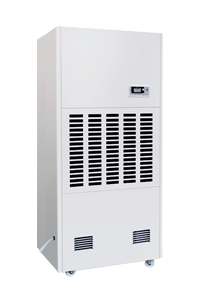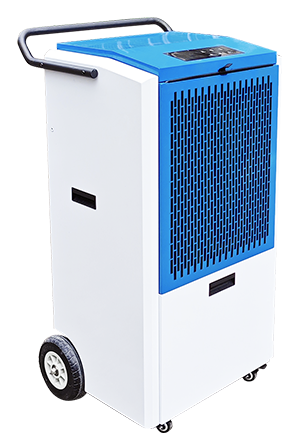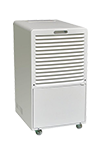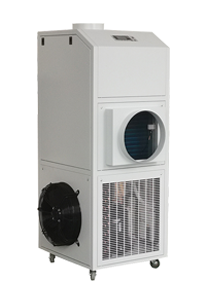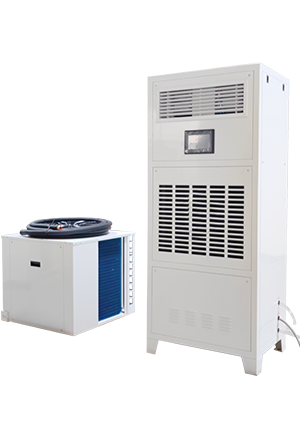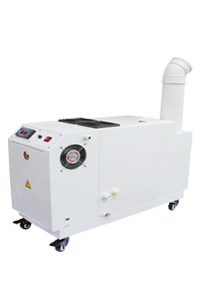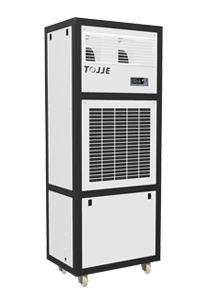News
In modern industrial environments, managing humidity is not just about comfort—it’s about control, quality, and protection. Excess moisture can silently damage products, disrupt manufacturing processes, and shorten equipment lifespan. That’s why industrial dehumidifiers play a crucial role in creating a stable climate and ensuring product protection in warehouses, production facilities, and storage environments.
Why Humidity Control Matters in Industry
High humidity levels can lead to a variety of issues, including:
Corrosion of machinery and electrical components
Mold and mildew growth on stored goods
Warping or deterioration of sensitive materials like paper, textiles, or electronics
Inconsistent drying or curing in manufacturing processes
Reduced shelf life for hygroscopic materials and packaged goods
A stable, controlled environment ensures consistent product quality, compliance with regulations, and lower maintenance costs.
How Industrial Dehumidifiers Help
Industrial dehumidifiers are engineered to operate in large, demanding environments. They effectively remove excess moisture from the air using high-capacity systems designed for 24/7 operation.
Key Benefits:
✅ Precise Humidity Control: Maintain optimal RH (relative humidity) levels for specific industrial needs.
✅ Continuous Operation: Designed for heavy-duty use in challenging conditions.
✅ Energy-Efficient Systems: Many models include smart sensors and auto-adjust features to reduce energy consumption.
✅ Improved Product Integrity: Prevents degradation of raw materials, components, and finished goods.
✅ Supports Compliance: Helps meet industry standards for pharmaceutical, food, or cleanroom operations.
Typical Industrial Applications
Manufacturing Facilities – Maintain stable production conditions and protect equipment.
Warehouses & Storage – Prevent moisture-related damage to inventory.
Pharmaceutical Plants – Support strict humidity control for drug safety and compliance.
Electronics Production – Avoid static discharge and moisture damage to components.
Food Processing & Packaging – Improve hygiene and extend shelf life of perishable goods.
⚡ Power Stations & Substations – Prevent corrosion in control rooms and switchgear cabinets.
Choosing the Right Industrial Dehumidifier
When selecting a dehumidifier for industrial use, consider:
Room size and humidity load
Required RH levels
Operating temperature range
Installation type (ceiling-mounted, floor-standing, ducted)
Maintenance requirements and filter systems
Customized solutions are often available for complex applications or extreme environments.
Controlling humidity is not an option—it's a necessity in industrial operations. With the right industrial dehumidifier, businesses can achieve a stable climate, improve product protection, and reduce downtime and waste. Investing in industrial-grade moisture control is an investment in reliability, quality, and long-term success.

